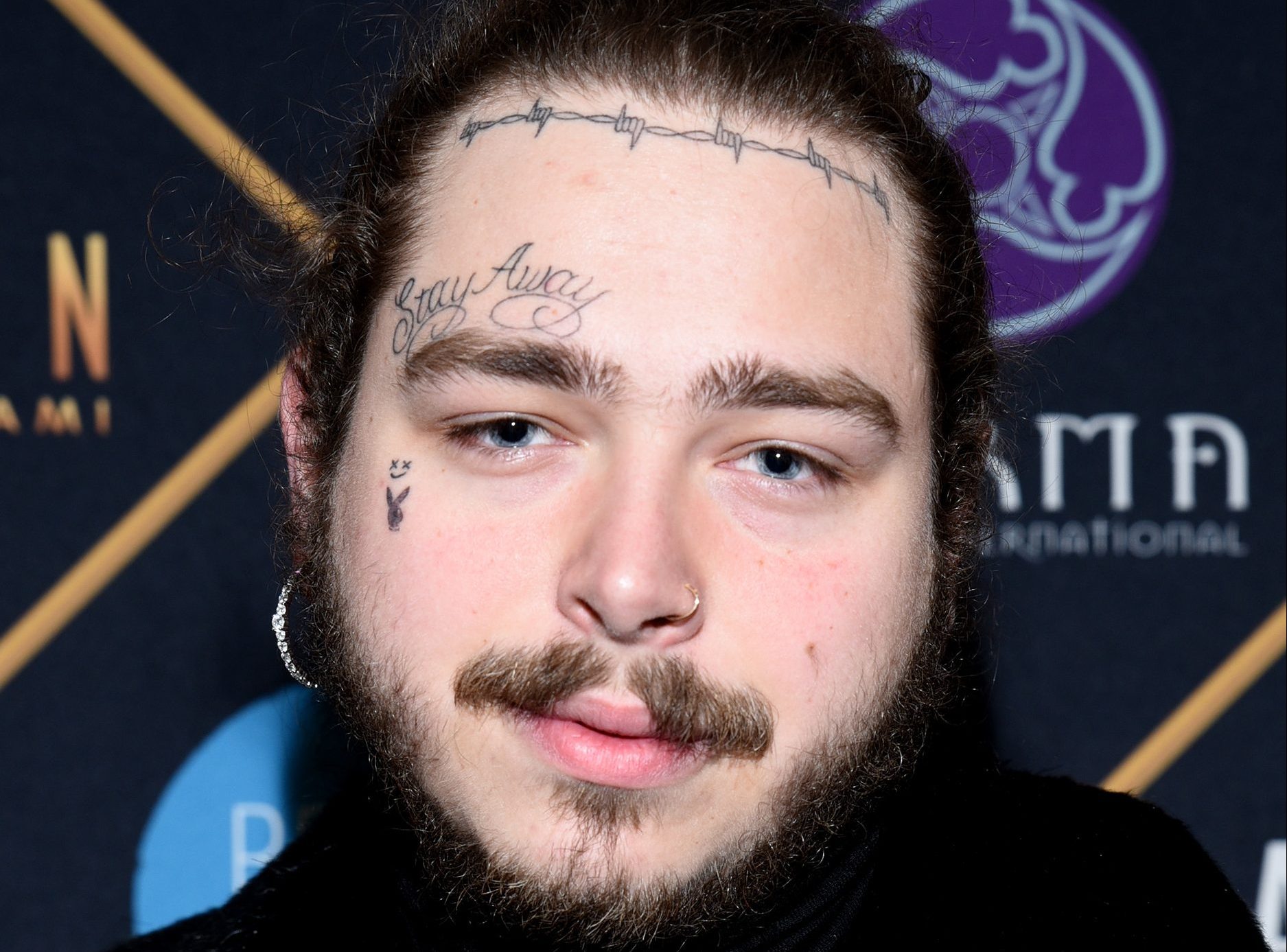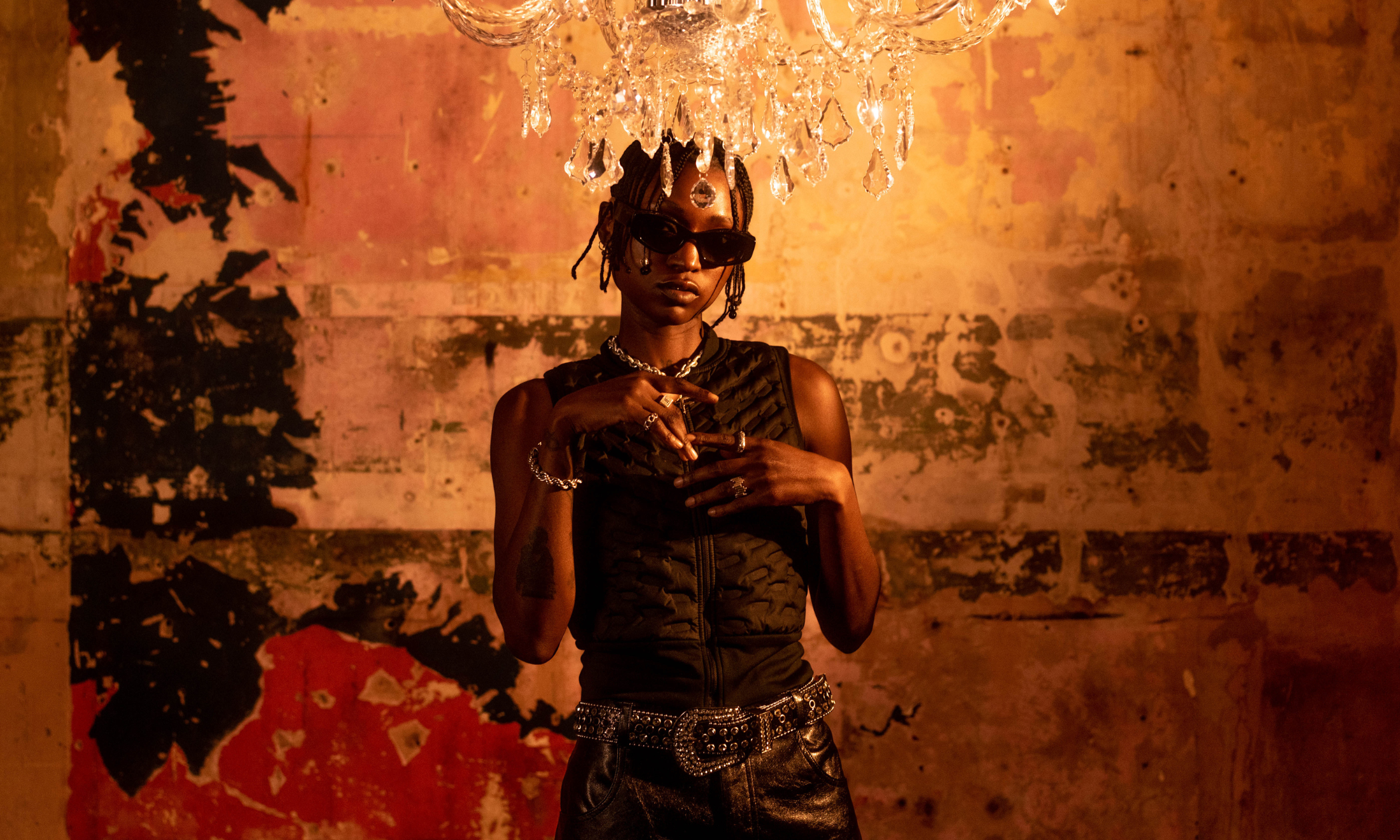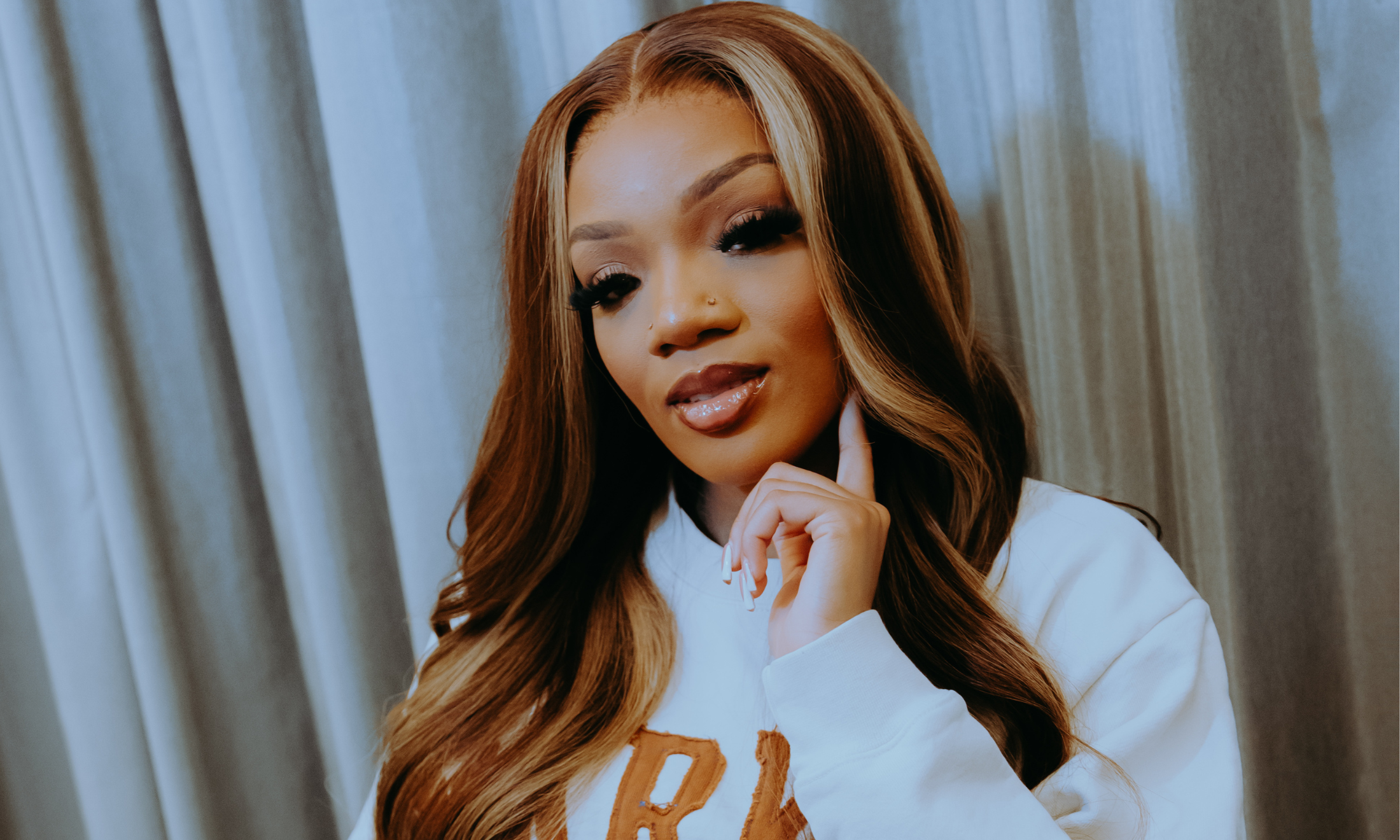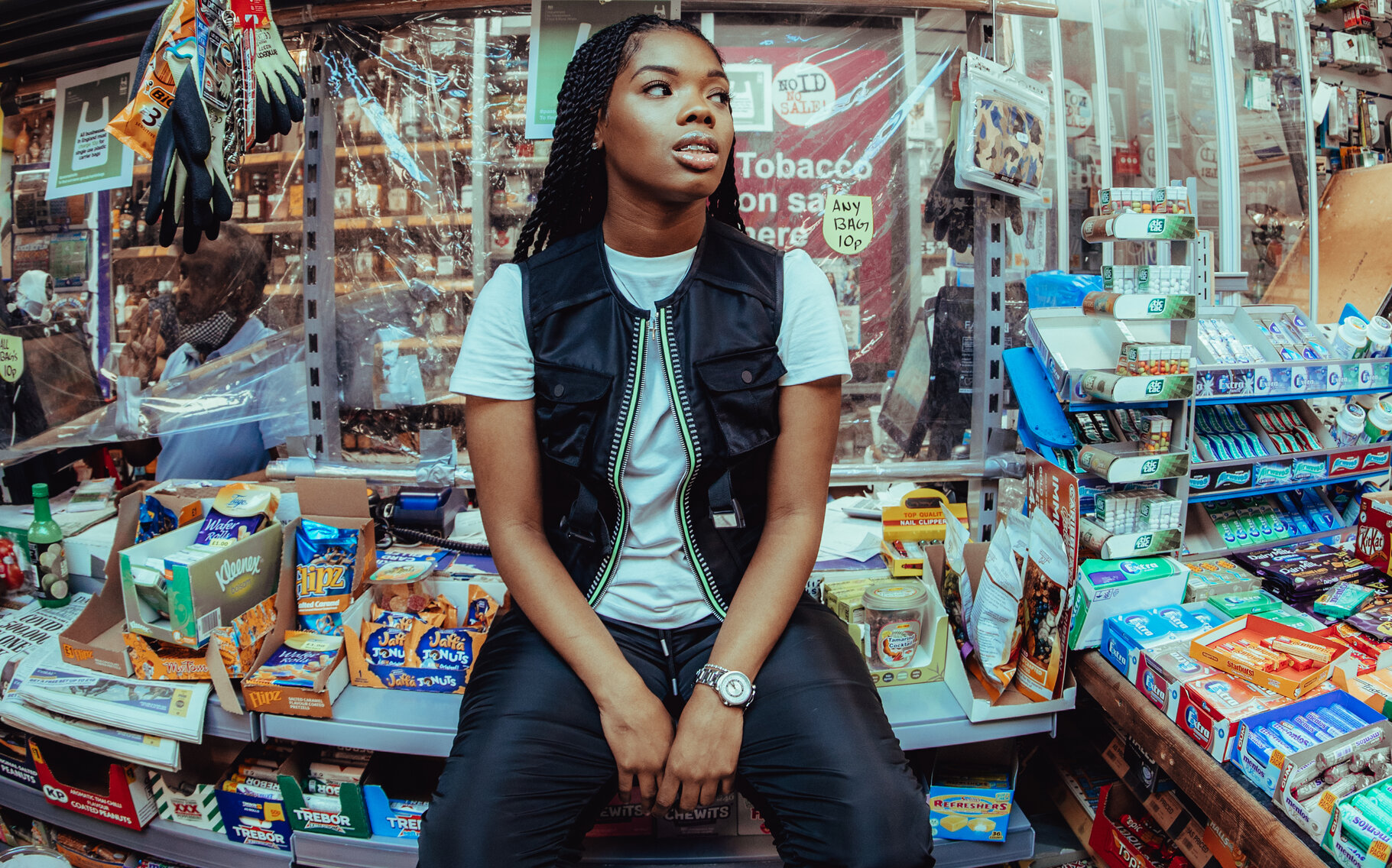
Image via Wikimedia Commons
Look to the music charts, and you’ll see a new breed of pop star. They often will have mashed-together, fictive names, and don’t look the part of a shiny, stadium tour commandeering picture-perfect idol. Some might look like they don’t shower. And they know it.
no they just think I'm ugly and smell lol. love the show tho guys, keep crushing it
— Posty (@PostMalone) July 17, 2018
Their popularity may seem baffling. But look closer at the rise of their fame and you’ll often find some past viral internet glow-up, a high-profile encounter with the public that paved the way for a mainstream music career. Danielle Bregoli, stage name Bhad Bhabie, was introduced to the public as the ‘Cash Me Outside’ girl, a petulant teen whose appearance on Dr. Phil went viral due to her bad attitude, unplaceable accent, and penchant for spontaneous street fights. Post Malone, born Austin Richard Post— a name he got from an online rap name generator—came to top the charts through commanding a crowd of fans through his Soundcloud account.
Within this group of online-stars-turned-real-stars, there is a distinct group who are invariably white, loud and bad (in the behavioural sense). They are part of what writers such as Jon Caramanica in The New York Times and Hua Hsu in The New Yorker have observed deemed the second wave of ‘white rapper’. These new acts do not heed the awkward hyper-awareness of predecessors Eminem and Macklemore, whose careers were always framed by the fact that they were white men in historically black spaces. Instead, the White Rapper 2.0 is all about the unpoliced ‘sanctity of their music’ – don’t define me, they plead. In an interview with The Guardian, ‘Me, Myself & I’ rapper G-Eazy mutters “G-Eazy talks about what it’s like to be a white rapper again” in a tone “halfway between exasperation and resignation”. Post Malone, when asked about it’s like to be a rapper in a historically black space, tells GQ; “I definitely feel like there’s a struggle being a white rapper. But I don’t want to be a rapper. I just want to be a person that makes music”.
I definitely feel like there’s a struggle being a white rapper. But I don’t want to be a rapper. I just want to be a person that makes music – Post Malone
Before the rise of the White Rapper 2.0, white rappers existed in the tense space between their identities, politics and music. Macklemore sought to furnish his musical career with a social justice with a song literally called ‘White Privilege’; Eminem, released a widely-publicised diss track aimed at Donald Trump last year; the late Mac Miller showed his trademark thoughtfulness and candour in joining his friend Vic Mensa for The Fader-facilitated conversation on ‘What Is The Place For White Rappers Today? “It was hard to sit here and know that, because I was a white dude, I was able to sell easier and be more marketable,” he said.
But a tone-deaf response could end one’s career. Iggy Azalea, who burst onto the scene merely years ago with her electro-pop hit ‘Fancy’, soon faded into chart obscurity after several PR botches, including her infamous complaint that Beyonce’s use of ‘Becky’, a moniker often used to signify a generic white woman, amounted to racism. Iggy’s career today is largely marked by unsuccessful attempts to dig herself out of irrelevance.
It’s symptomatic of a culture so saturated in content, controversy, and conversation that the only way out without losing one’s mind is to believe in nothing; to be post-race, post-honesty, post-feeling
Nowadays, the White Rapper 2.0 can not only plea to avoid discussion of their whiteness but be exasperated with the question entirely. It’s symptomatic of a culture so saturated in content, controversy, and conversation that the only way out without losing one’s mind is to believe in nothing; to be post-race, post-honesty, post-feeling. The new anti-pop star is not only anti-pop in a sense that they are not shiny, beautiful, and perfect, but they also proudly assume an insular navel-gazing that does not engage with their place in the world, only their music. After all, why bother having opinions when people are going to move onto the next thing so quickly?
It is no surprise that the White Rappers 2.0 are the first pop major stars of Generation Z, teenagers (and pre-teens) who grew up when the Internet had lost its initial charms. Now, a meme is lucky if it lasts the 24 hour news cycle and quick scroll through your Twitter feed will give you fifty different controversies jostling for your outrage. In a climate that demands so much, looking inward and owning your deeply ordinary, unwashed, eccentric self can almost be a revolutionary act. Post Malone’s most recent face tattoo grafts ‘Always Tired’ under his eyes. Is it another instance of his youthful brand of devil-may-care self-destruction, or a radical utterance about the ugly truth of our times?
As Post Malone raps his chart-topping songs about being ‘Rich and Sad’ and swishing down the ‘(Zack and) Codeine’, you can’t help but feel like something’s profoundly wrong that this drug-induced, navel-gazing self-hatred has become emblematic of youth culture. And yet, Post and his friends are much closer to convention than their aggressive anti-aesthetic might suggest. It’s no coincidence that all of the Soundcloud rappers-turned-pop-stars have been men. It’s still a while before the music industry can make room for an “ugly and smelly” female act, never mind a chart-topping one at that. It’s also incredibly disingenuous to suggest that their race can truly be ‘irrelevant’ to their careers, given the well-documented bias in pop radio stations towards white rappers.
But to their young fans, who have grown up in an age soaked in aesthetically perfect, late capitalist self-promotion, embracing the unwashed, face-tattooed New Rapper is perhaps as close to participating in any meaningful popular counter-culture that they can get. Punk is dead. In its place lives Punk-lite, a movement that adopts all its aesthetics while foregoing its politics, with some of the most palatable, uncontroversial, conventionally powerful figures at its helm.









